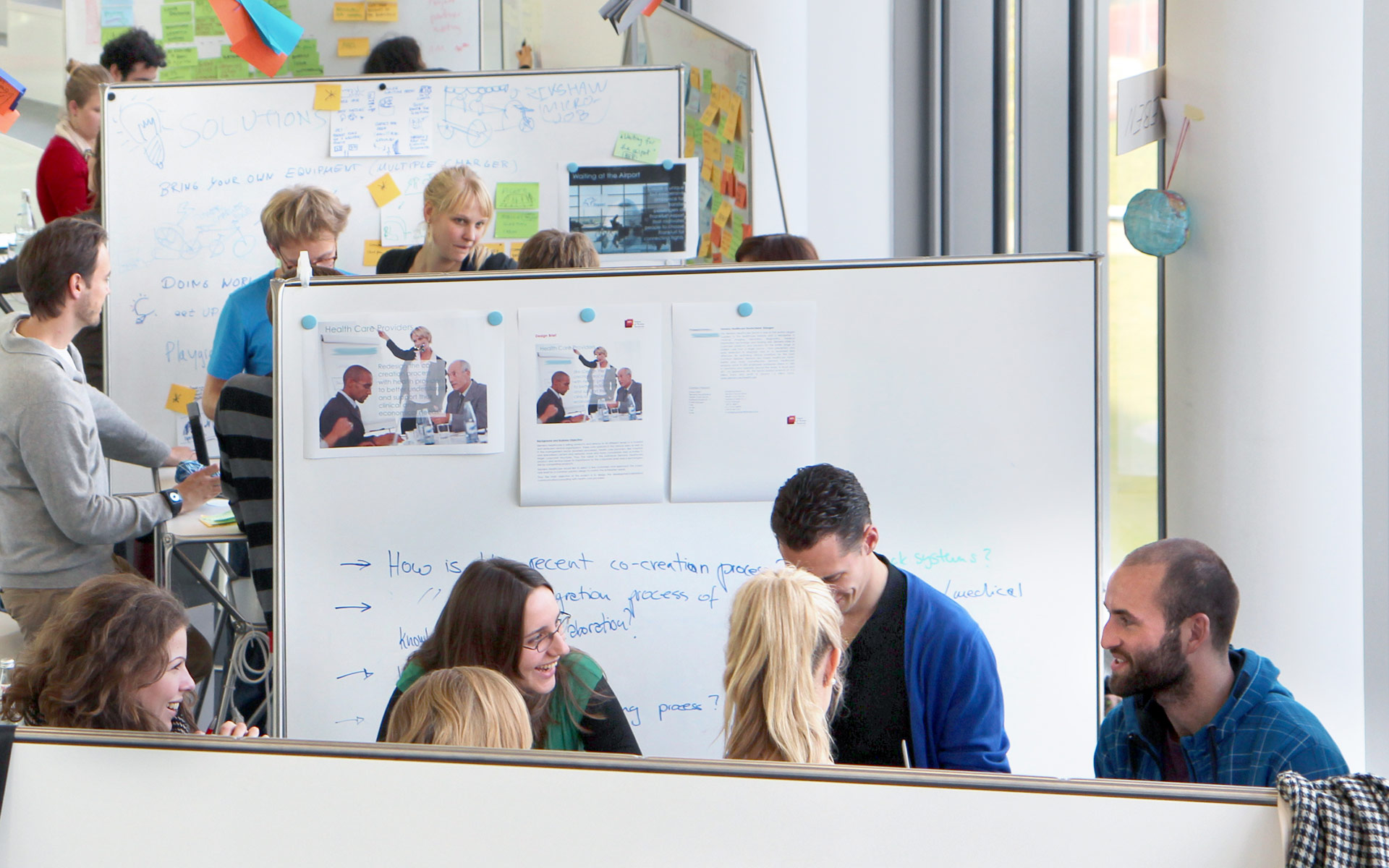PI: Professor Larry Leifer, Dr. Alexander Zeier
Abstract
The objective of this exploratory study is to gain a better understanding of the determining characteristics of high-performance engineering design communities in order to foster the generation of innovative output. Centered on a rich data set collected over multiple years, the researchers plan to validate a proposed design process model and use this to explain performance differences between design teams. Combination of this model with an analysis of the communication and information sharing behavior of the members of a design community is expected to allow the isolation of certain team characteristics that can be demonstrated as instrumental to high performance. Based on the findings, the researchers will investigate methods for the real-time assessment of team communication signatures over multiple communication channels and their ability to predict performance. During a second phase, these methods will be developed into a tool, which should provide early insight into performance-relevant characteristics of design teams and thus allow for the improvement and correction of the design process.
The study will performed jointly by researchers at Stanford’s Center for Design Research (CDR) and the Hasso Plattner Institute (HPI). The two research groups will collaborate on the analysis of the data from different vantage points corresponding to their respective areas of study. This will allow each group to substantiate its claims assisted by findings from the counterpart group, and to provide a model for how CDR and HPI can both benefit from collaboration as a part of the Hasso Plattner Design Thinking Research Program.

